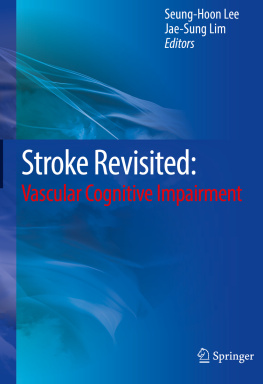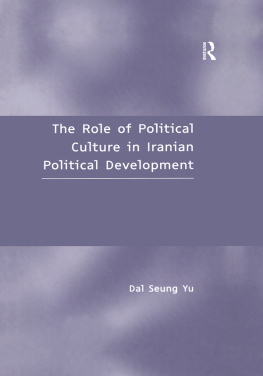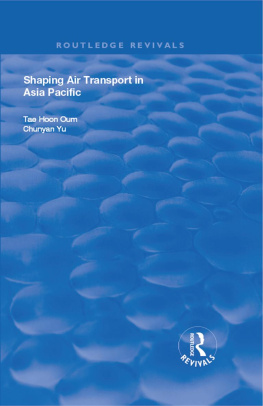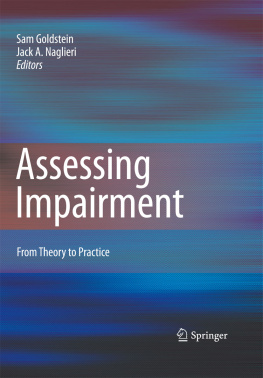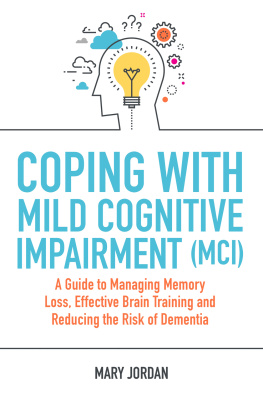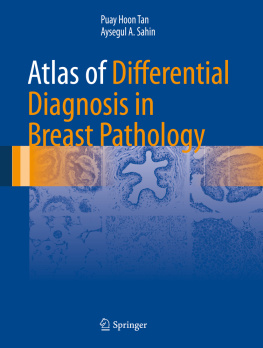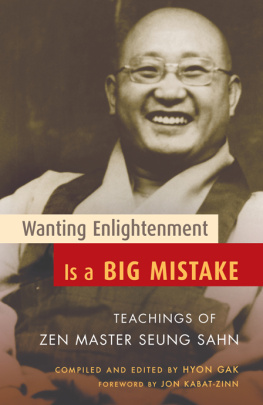Seung-Hoon Lee - Stroke Revisited: Vascular Cognitive Impairment
Here you can read online Seung-Hoon Lee - Stroke Revisited: Vascular Cognitive Impairment full text of the book (entire story) in english for free. Download pdf and epub, get meaning, cover and reviews about this ebook. year: 2020, publisher: Springer Singapore, genre: Romance novel. Description of the work, (preface) as well as reviews are available. Best literature library LitArk.com created for fans of good reading and offers a wide selection of genres:
Romance novel
Science fiction
Adventure
Detective
Science
History
Home and family
Prose
Art
Politics
Computer
Non-fiction
Religion
Business
Children
Humor
Choose a favorite category and find really read worthwhile books. Enjoy immersion in the world of imagination, feel the emotions of the characters or learn something new for yourself, make an fascinating discovery.
- Book:Stroke Revisited: Vascular Cognitive Impairment
- Author:
- Publisher:Springer Singapore
- Genre:
- Year:2020
- Rating:4 / 5
- Favourites:Add to favourites
- Your mark:
- 80
- 1
- 2
- 3
- 4
- 5
Stroke Revisited: Vascular Cognitive Impairment: summary, description and annotation
We offer to read an annotation, description, summary or preface (depends on what the author of the book "Stroke Revisited: Vascular Cognitive Impairment" wrote himself). If you haven't found the necessary information about the book — write in the comments, we will try to find it.
Stroke Revisited: Vascular Cognitive Impairment — read online for free the complete book (whole text) full work
Below is the text of the book, divided by pages. System saving the place of the last page read, allows you to conveniently read the book "Stroke Revisited: Vascular Cognitive Impairment" online for free, without having to search again every time where you left off. Put a bookmark, and you can go to the page where you finished reading at any time.
Font size:
Interval:
Bookmark:
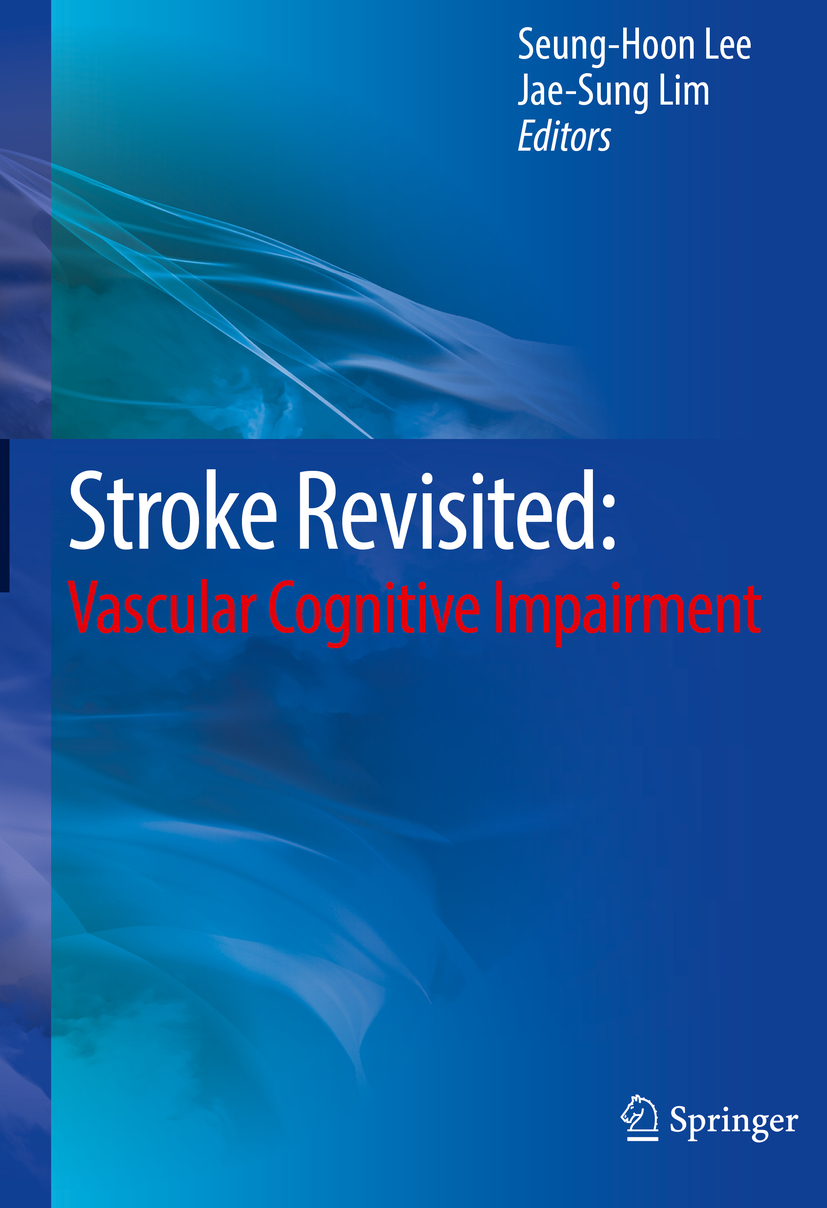
This authoritative book series presents state of the art knowledge on the pathophysiology, prevention, diagnosis, and treatment of stroke, highlighting the many very important advances that have been achieved in recent years. Current issues in management are addressed in detail, equipping readers with an understanding of the rationale for particular approaches in different settings and with a sound knowledge of the role of modern imaging methods, surgical techniques, and medical treatments. The inclusion of numerous high-quality illustrations facilitates understanding of practical aspects and rapid retrieval of fundamental information. The series will be of value for stroke physicians, surgeons, other practitioners who care for patients with stroke, and students.
More information about this series at http://www.springer.com/series/15338

This Springer imprint is published by the registered company Springer Nature Singapore Pte Ltd.
The registered company address is: 152 Beach Road, #21-01/04 Gateway East, Singapore 189721, Singapore
Dementia is one of the biggest challenges facing the aging society. However, clinical trials related to the development of therapeutic agents for Alzheimers disease have failed in succession and have frustrated not only researchers but also major pharmaceutical companies and patient groups. Lessons from the failure of Alzheimers drug trials have redirected attention to other therapeutic targets besides the amyloid cascade. One of these targets is vascular contributions to cognitive impairment and dementia.
The Framingham heart study reported a reduction in the incidence of dementia at each study epoch, mainly due to a reduction in the incidence of vascular dementia rather than Alzheimers disease. In addition, the population attributable risk of common modifiable risk factors was reported to be comparable to that caused by APOE genotypes, which is the most well-known risk factor for Alzheimers disease.
We can reach a deeper understanding of the functional localization of human cognition by understanding various vascular disorders accompanied by focal lesions, just as we have accumulated knowledge of localization of brain functions through discovery of lesion-symptom mapping in the late nineteenth to early twentieth century.
Thus, vascular cognitive impairment has attracted attention as a disease that can be prevented through comprehensive cardiovascular risk factor control, and as a disease model that can explain the pathogenesis of cognitive dysfunction through interaction between vascular lesions and neurodegenerative changes.
This book presents the recent developments as clearly as possible for beginners in this field. It also looks at the changes in the diagnostic criteria that have been made recently and their conceptual background. This book discusses the clinical characteristics of post-stroke dementia and subcortical vascular dementia, two major axes of vascular cognitive impairment. It also deals with gait disturbances and behavioral and psychological symptoms of dementia that are relatively unrecognized. The interactions of neurodegenerative changes and vascular factors are now being investigated due to recent advances in imaging technology, and the results of recent studies are summarized. In addition, recent updates involving brain imaging studies, including the STRIVE protocol for unified research, are reviewed. Finally, the results of previous studies on therapeutic agents are summarized.
Vascular cognitive impairment is an area where its pathophysiology is not clearly defined yet. We hope that this book will give you a chance to keep up with the accumulated knowledge and to learn the latest concepts. We would like to thank all the authors for their willingness to contribute to this book.
Font size:
Interval:
Bookmark:
Similar books «Stroke Revisited: Vascular Cognitive Impairment»
Look at similar books to Stroke Revisited: Vascular Cognitive Impairment. We have selected literature similar in name and meaning in the hope of providing readers with more options to find new, interesting, not yet read works.
Discussion, reviews of the book Stroke Revisited: Vascular Cognitive Impairment and just readers' own opinions. Leave your comments, write what you think about the work, its meaning or the main characters. Specify what exactly you liked and what you didn't like, and why you think so.

